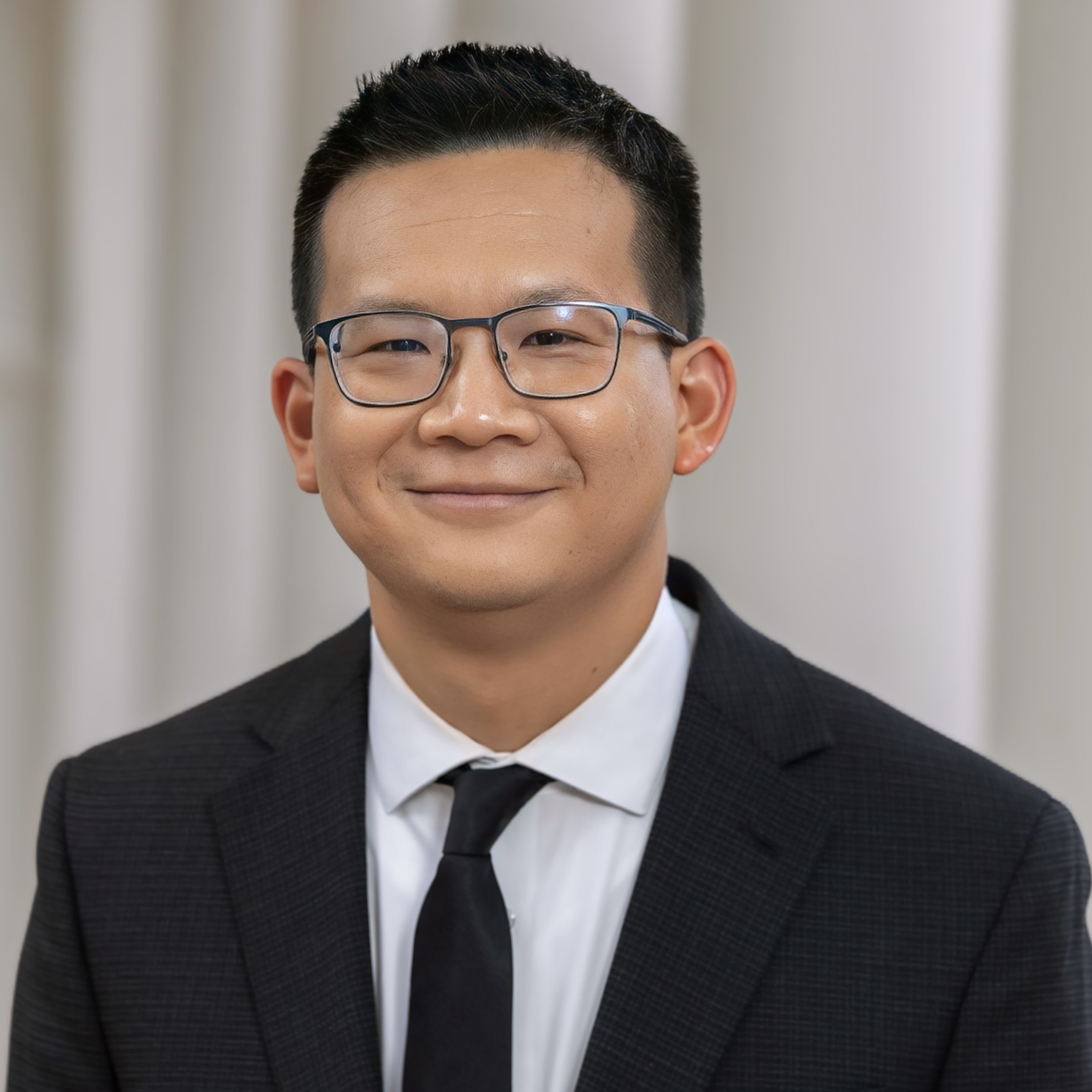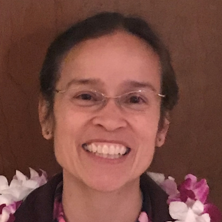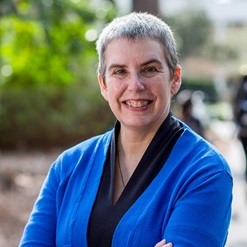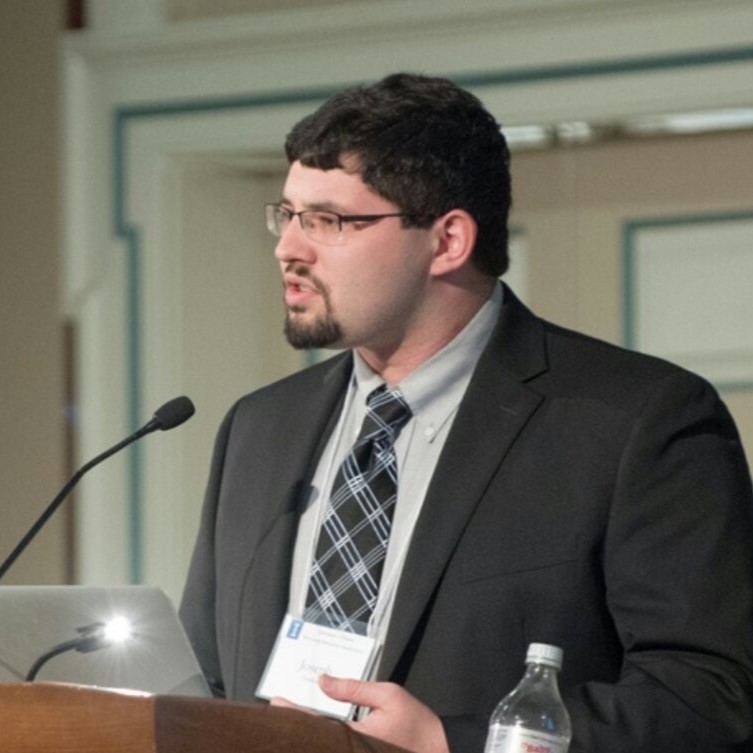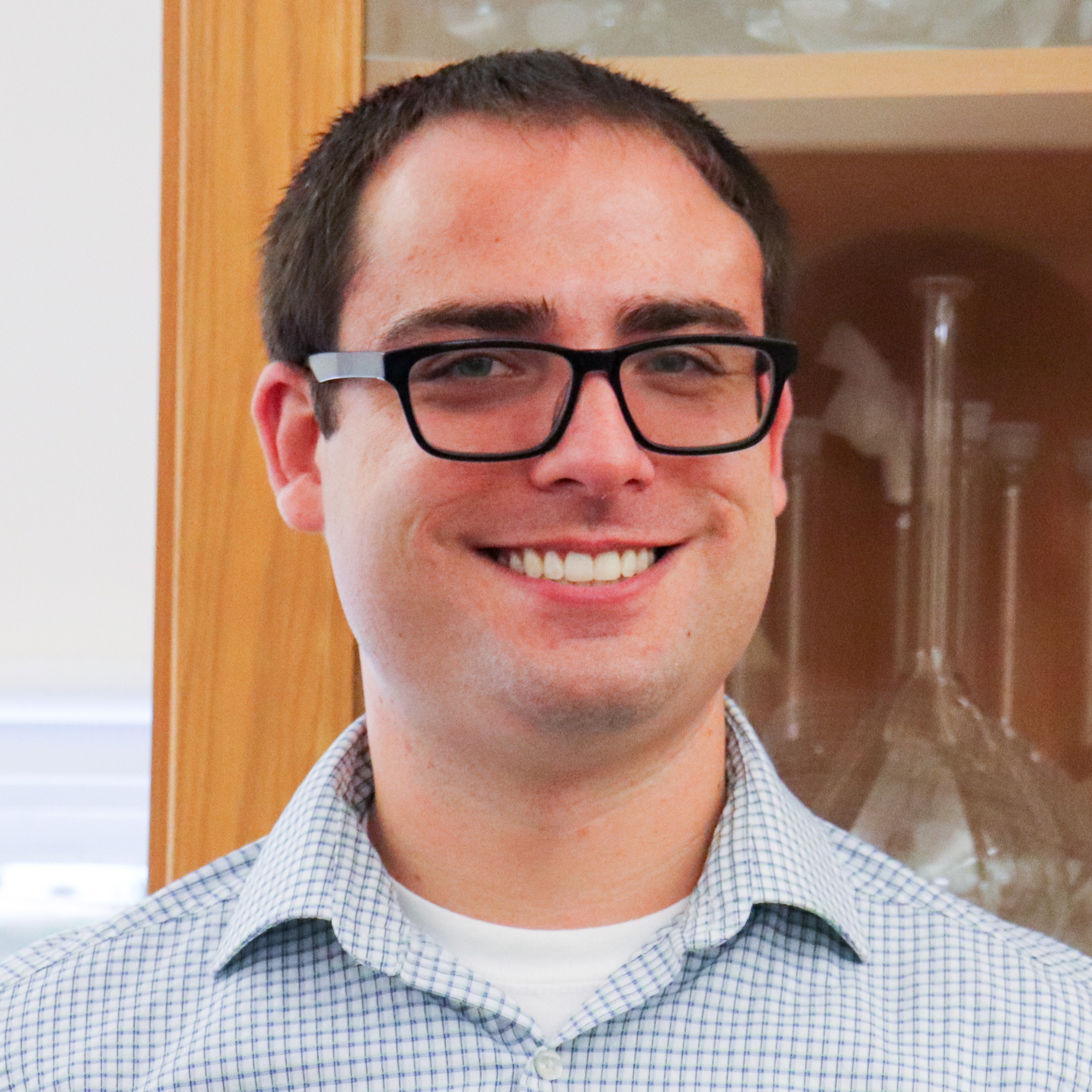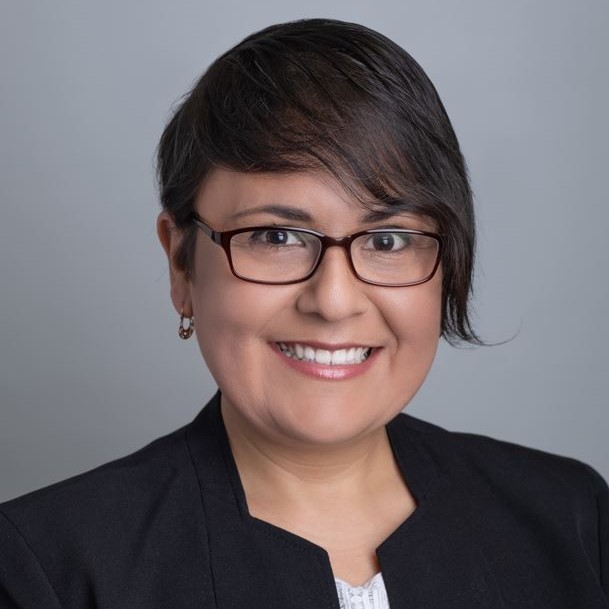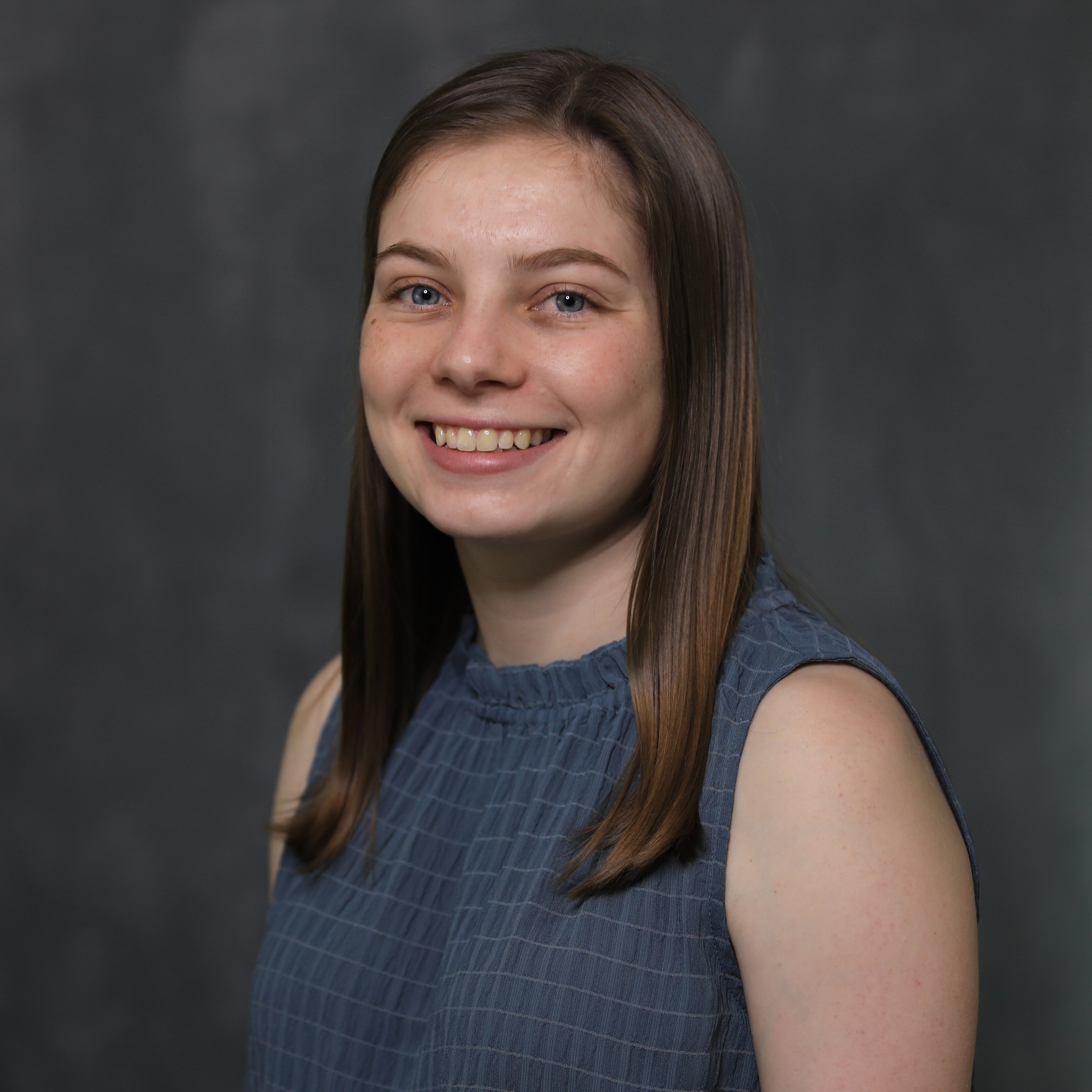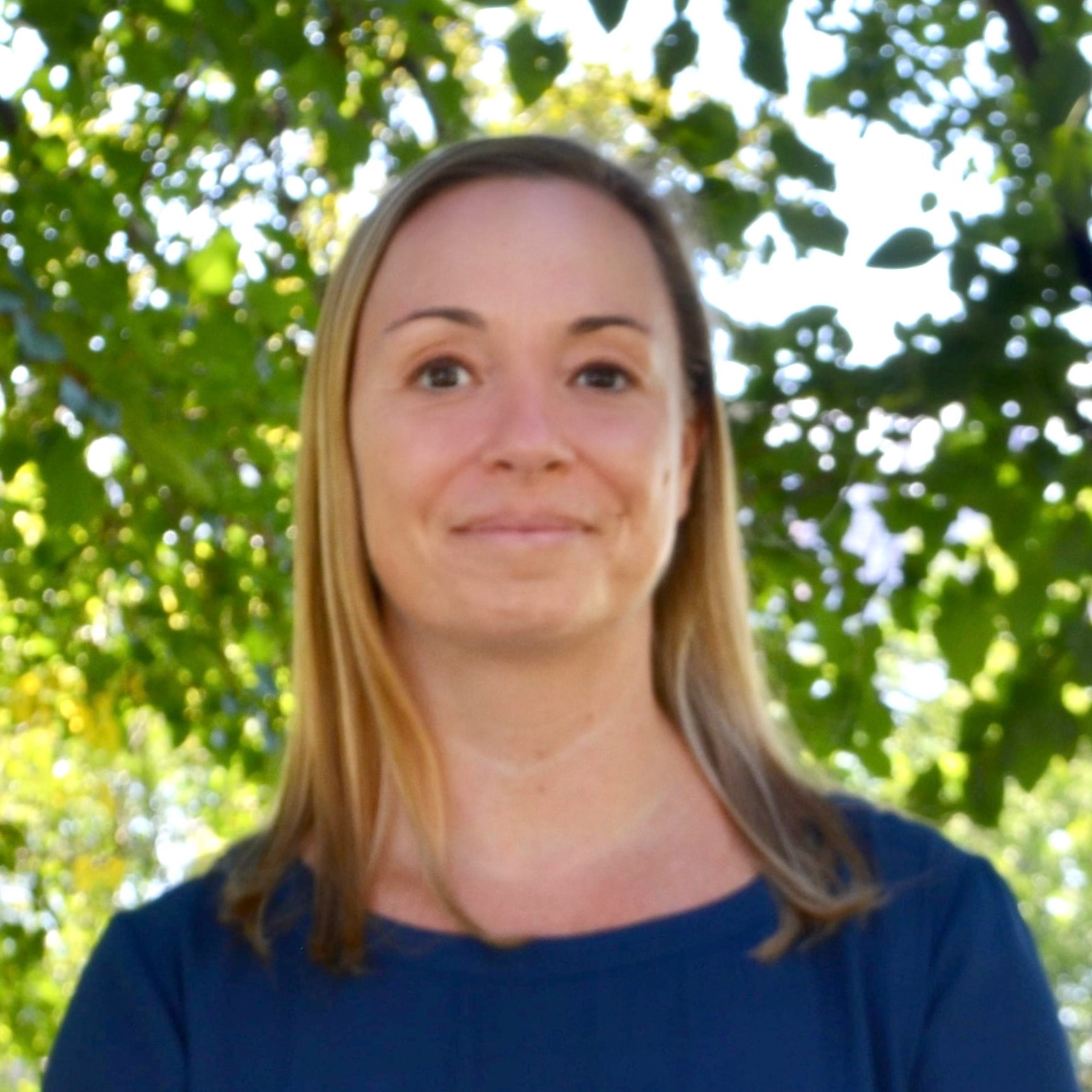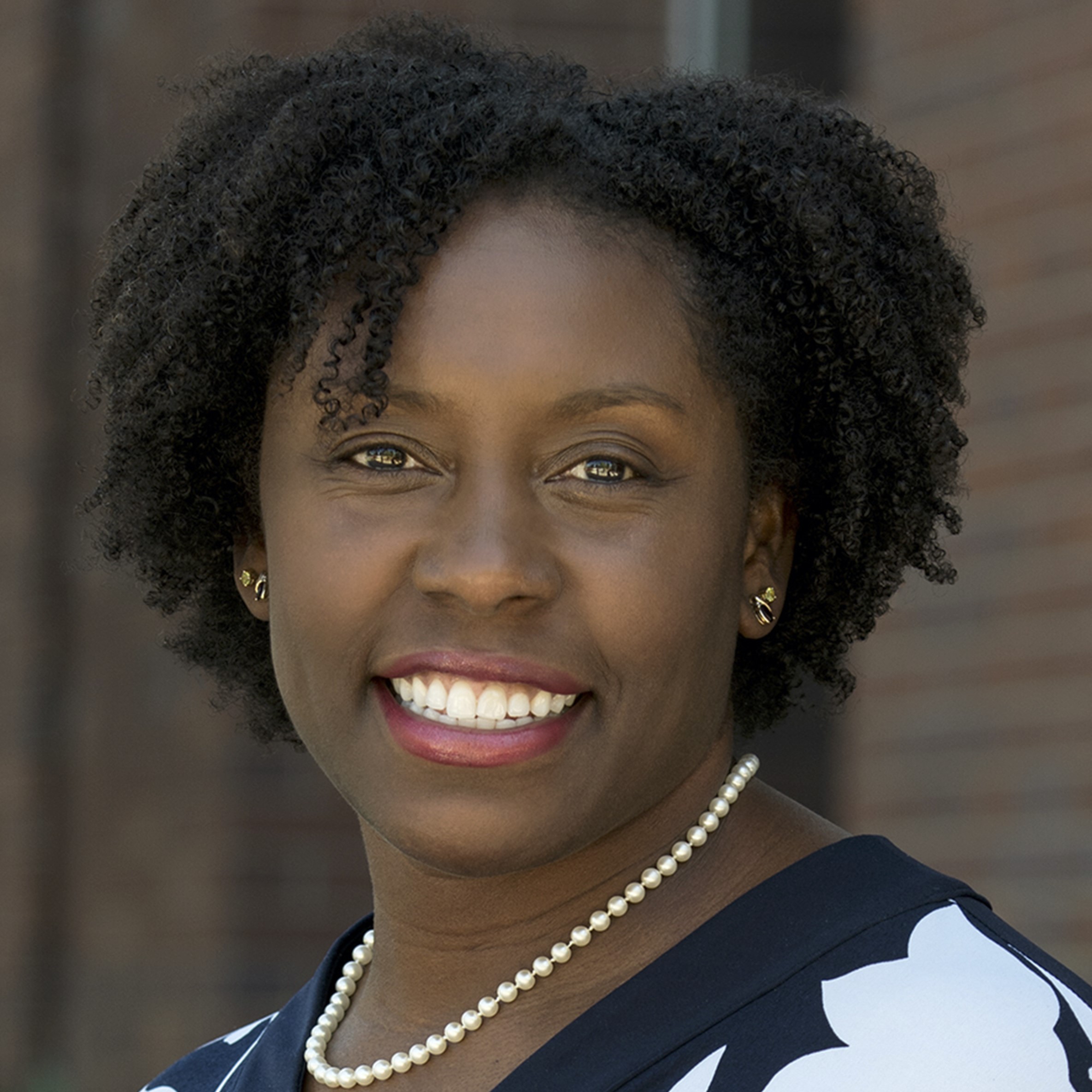
Dr. Lizandra Godwin
Assistant Professor of Electrical and Computer Engineering
University of New Mexico
Dr. Brandon Yik
Assistant Professor of Chemistry
University of Georgia
Dr. Leilani Arthurs
Associate Professor of Geological Sciences
University of Colorado, Boulder
Dr. Sue Ellen DeChenne-Peters
Associate Professor in the Biology Department
Georgia Southern University
Dr. Joseph Mirabelli
Postdoctoral Fellow
University of Michigan at Ann Arbor
Dr. Justin Pratt
Assistant Professor in Chemical Education
University of Rhode Island
Dr. Matilde Sanchez-Pena
Assistant Professor in Engineering Education
University of Buffalo
Dr. Karen Watkins-Lewis
Associate Professor in the Department of Psychology
Morgan State University
Dr. Meagan Sundstrom
Postdoctoral Researcher
Drexel University
Dr. Melissa McCartney
Associate Professor in Pharmacology and Toxicology
University of Buffalo
